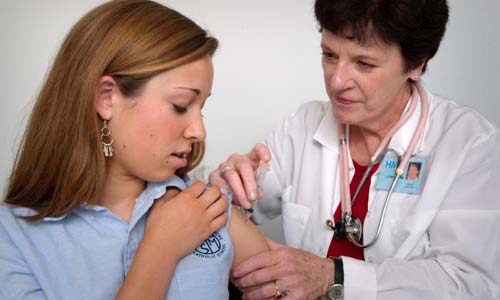
How Many Kids You Have
Atrial fibrillation, also known as a-fib, is a quivering or irregular heartbeat that could lead to blood clots. Women who get pregnant more than once have a higher risk of developing this condition. A-fib has also been known to lead to strokes and other complications.
A study published in the journal Circulation found that women with four or more pregnancies were 30% to 50% more likely to develop this condition in comparison to those who had never been pregnant.
The authors of the study do note, however, that body changes associated with pregnancies could be the culprits behind a-fib and not the pregnancies themselves. That’s because during pregnancy the heart is known to get larger, the immune system is in overdrive and women also experience hormonal changes.
Delivering a Preemie
While on the topic of pregnancies, did you know that women who delivered a preemie had a 40% greater risk of developing cardiovascular diseases? According to another study in Circulation, very early deliveries (before 32 weeks) had double the risk compared to women who carried their babies full term.
Delivering a premature baby shouldn’t be considered a cause of heart disease, however. The authors of the study rather claim that it is a predictive factor. Physicians may carry out tests to identify whether women who have premature deliveries have a higher risk of heart problems.
Eating breakfast
Breakfast is said to be the most important meal of the day, and this claim seems to have some base in science! Having a meal in the morning could protect you from high blood pressure and high cholesterol- at least, that’s what the American Heart Association says!
What happens if you skip breakfast? You increase your risk of weight gain, obesity, diabetes, elevated cholesterol. Obviously, those are the things you want to avoid in order to maintain your heart in good condition. Waking up a little bit earlier and having a healthy breakfast each day could help you in the long run.

























